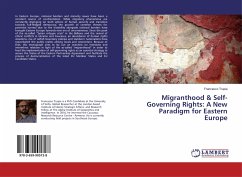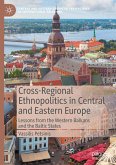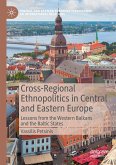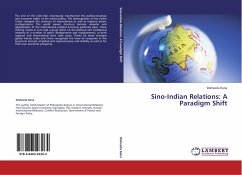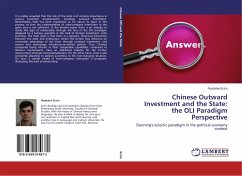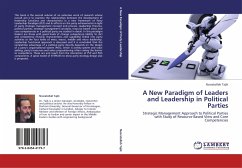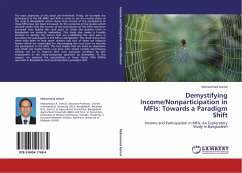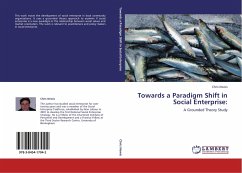In Eastern Europe, national borders and minority issues have been a constant source of confrontation. While migratory phenomena are constantly impinging on both sphere of human security and transition towards full-fledged democracy, the growth of common threats for potential turmoil due to the instability alongside national borders have brought Eastern Europe towards new era of uncertainness. Since the peak of the so-called "Syrian refugee crisis" in the Balkans and the revival of ethnic conflicts in Ukraine and Caucasus, an abundance of human rights violations, rise of selfish boundary policies and stubborn nationalisms have exacerbated the public realms among locals and newcomers. Because of that, this monograph aims to lay out an overview on interstate and interethnic relations in light of the so-called "migranthood" in order to feed the implementation of self-governing rights as an essential strategy to secure the States of the Eastern Partnership Agreement and facilitate theprocess of democratization of the latest EU Member States and EU Candidate States.
Bitte wählen Sie Ihr Anliegen aus.
Rechnungen
Retourenschein anfordern
Bestellstatus
Storno

